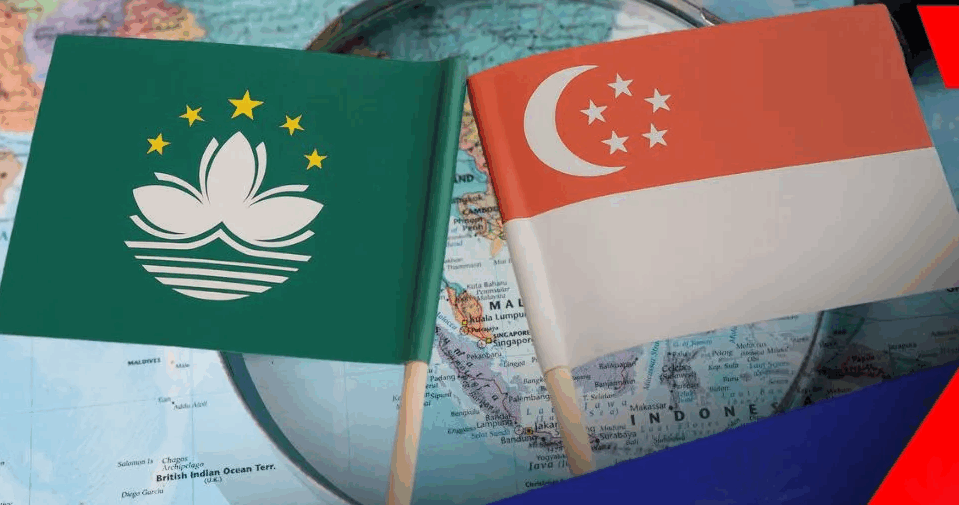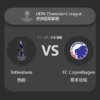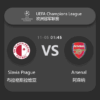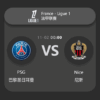Singapore is quietly rewriting the rules of what makes a world-class integrated resort—not through sheer scale, but through innovation, exclusivity, and experience. According to industry insider Aydemir Yuksel, who has worked closely with IR ecosystems in both Macau and Singapore, “prestige” in gaming is shifting away from gross revenue and toward long-term experiential value.
Why Singapore May Soon Overtake Macau in the Casino World

Redefining Prestige in Integrated Resorts (IR)
Singapore is quietly rewriting the rules of what makes a world-class integrated resort—not through sheer scale, but through innovation, exclusivity, and experience. According to industry insider Aydemir Yuksel, who has worked closely with IR ecosystems in both Macau and Singapore, “prestige” in gaming is shifting away from gross revenue and toward long-term experiential value.
Macau vs. Singapore: A Tale of Two Giants
Macau still leads globally in gross gaming revenue (GGR), with 2023 figures reaching MOP 183.06 billion (~USD 22.7 billion). In contrast, Singapore’s two IRs generated a more modest SGD 5.25 billion. Yet Macau’s reliance on VIP and mass gaming, complex political ties with Beijing, and tightening regulation have exposed systemic vulnerabilities.
Singapore’s Marina Bay Sands (MBS) and Resorts World Sentosa (RWS) offer a different value proposition: clean, safe, efficient, and stable. As Yuksel puts it, Singapore’s strategy is “Swiss watch-like.” For affluent visitors from China, India, Indonesia, and Malaysia, Singapore is already a second home—an oasis of understated luxury and trust.
Singapore’s Focus on Experience Over Volume
Unlike Macau’s IRs, which draw 90–95% of revenue from gaming, MBS earns nearly 30% from non-gaming sectors: luxury hospitality, retail, dining, and MICE (Meetings, Incentives, Conferences, and Exhibitions). In Q1 2025, MBS reported a 95% occupancy rate, with average daily room rates surpassing USD 900.
Macau, despite government pressure to diversify, remains vulnerable. Its dependence on gaming revenue and tourists from Greater China leaves it exposed to geopolitical and regulatory shocks. “Macau is one policy shift away from disruption,” warns Yuksel.
Macau’s Advertising Ban: Overhyped or Strategic Misstep?
While Macau recently imposed a blanket ban on gaming ads, Yuksel believes the concern is overblown:
“High-value players don’t choose casinos based on billboards—they value luxury, trust, and experience,” he says. Ironically, Singapore enforces stricter ad controls, banning ATMs on casino floors.
Yuksel calls this “regulatory excellence,” not a burden. It contributes to Singapore’s image of consistency and reliability—something Macau, still seen as politically volatile, struggles with.
Singapore: Poised for a “Post-Gaming” IR Model?
Looking ahead, Yuksel predicts that Singapore could become the world’s first “post-gaming” IR destination—where the casino is no longer the centerpiece.
“MBS already generates nearly half of its revenue from non-gaming. Future IRs won’t remove casinos but will downplay them as optional amenities.”
The future lies in lifestyle, wellness, entertainment, and culture. Yuksel envisions an ecosystem combining Park Hyatt-style luxury, Live Nation concert residency (featuring acts like Coldplay or Jay Chou), and MoMA-inspired art zones for immersive cultural experiences.
Real Estate Expansion and Strategic Investment
Las Vegas Sands, parent company of MBS, has launched a major Phase 2 expansion, expected to complete by June 2030 and open in January 2031. RWS recently unveiled the new Singapore Oceanarium, tripling its size as part of a SGD 6.8 billion expansion plan to deepen immersive and educational guest experiences.
Prestige, Not Volume, Will Define Future IR Leadership
“The real metric isn’t how many people you attract, but who they are, how much they spend, and how long they stay,” Yuksel states.
If Singapore remains committed to innovation, experiential depth, and strategic boldness, it may very well surpass Macau in prestige—even if not in pure gaming revenue.
A Regional Shift Away from Gaming-Centric Models
Across Asia, the IR landscape is evolving:
- Macau plans to invest over USD 16 billion in non-gaming sectors like family-friendly and cultural offerings.
- Japan’s Osaka IR focuses on exhibitions, wellness, and heritage.
- South Korea’s IRs integrate K-pop arenas, galleries, and retail hubs.
- Philippines’ Entertainment City is pivoting toward multipurpose leisure spaces.
- Vietnam is betting on eco-conscious and coastal resort experiences.












